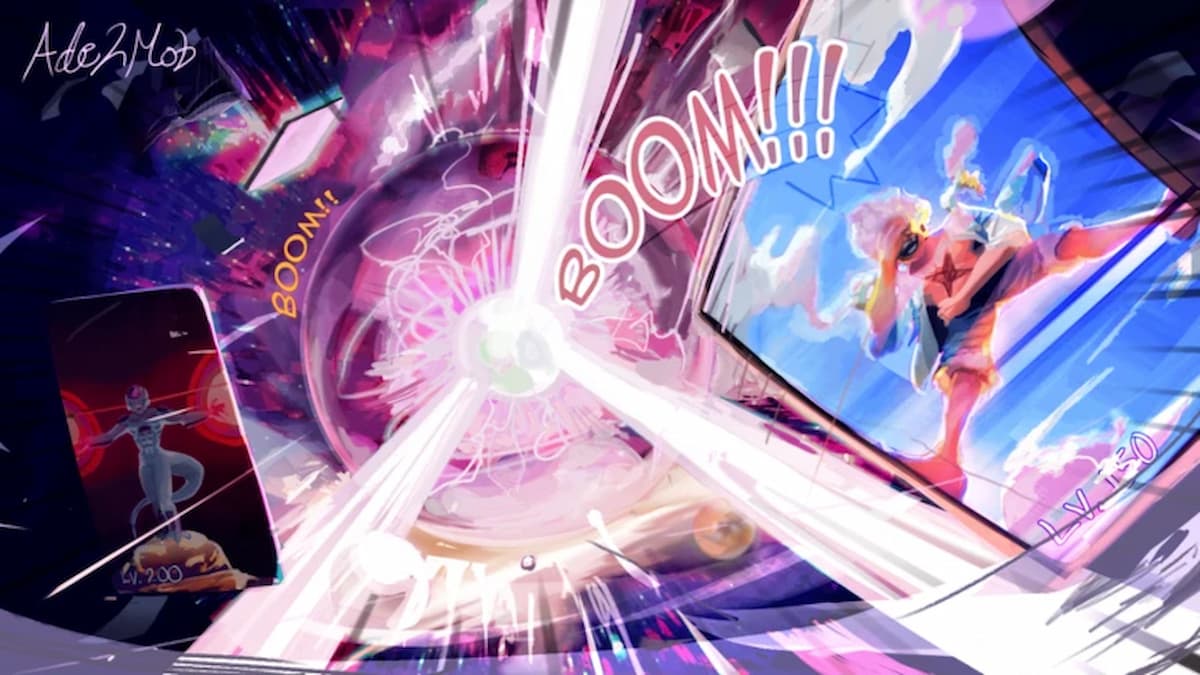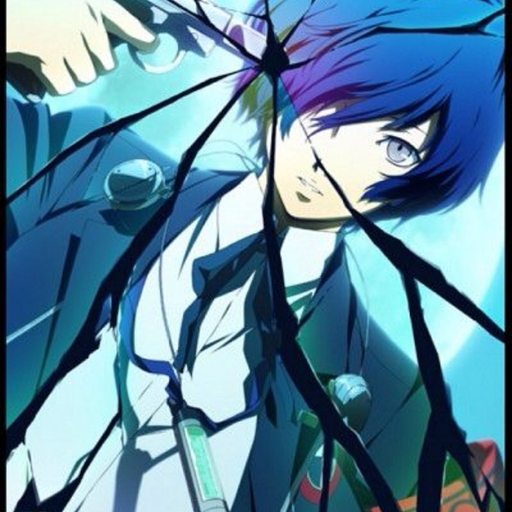While Final Fantasy may be the first RPG series most people think of when they think of JRPGs, Dragon Quest dominates in Japan. Each release is considered a national holiday in the country, so let’s rank each mainline game in the series from worst to best.
Since there are multiple different versions of each game, we will be noting which version is appearing on this list. Sometimes, this is due to some versions being localized while others weren’t, while other times, it’s because a later rerelease may be inferior to the original one. We’re aiming to look at what’s considered the best version of each game so it’s easy to compare each installment at its best.
With that being said, here’s our ranking of every Dragon Quest game from worst to best.
11) Dragon Quest X: Rise of the Five Tribes Online (2012)

Dragon Quest X is a weird game in several ways. First, it’s an MMORPG, a first in the series, and one that was released on the Wii and Wii U of all things before coming to PC. And… that’s all we can really say about the game. Despite the popularity of the franchise, the game was never released outside of Japan, so the average Western gamer has never played it. It’s hard to say if players would have gelled with the grindy nature of an MMO, especially one limited by the hardware capabilities of the Wii, making Dragon Quest X a curiosity more than anything else.
10) Dragon Quest II: Luminaries of the Legendary Line (1987)

While you could argue that the original Dragon Quest is more dated, Dragon Quest II is rougher to play. It added enough mechanics to make the sequel a more playable experience, and you can control a party now instead of going at it solo, which helps when fighting the groups of enemies you encounter. There are more spells and items to use, but the game’s biggest problem is its crippling difficulty. Even by old-school standards, II is so hard you’ll probably drop it from frustration before reaching the end of the game. If you’re going to play it, track down the updated Game Boy version, which is still a challenge but not as brutal as the NES one.
9) Dragon Quest VII: Fragments of the Forgotten Past (2000)

The biggest sin of Dragon Quest VII is how bloated it is. While earlier games were short and brief affairs, VII runs nearly 100 hours, with gameplay that doesn’t really evolve much over that time. Combine that with a lot of random encounters, ones that are slightly mitigated in the 3DS remake, and a plot that goes by slowly due to how the story progresses with each new region you explore, and you have a game that feels positively glacial at times. It’s not a frustrating game, but it most certainly is a dull one.
8) Dragon Quest (1986)

There are classic JRPGs, and then there’s Dragon Quest. It’s honestly a very basic experience no matter which version you play, but there’s a certain charm in its simplicity. All fights are one-on-one affairs, and your magic system is incredibly simple, as are its visuals. Yes, this is a very dated game, one that will be extremely difficult for fans of newer entries to jump into, but if you’re in the right mindset, this basic JRPG will scratch a certain itch.
7) Dragon Quest VI: Realms of Revelation (1995)

Released in the United States only on the DS, Dragon Quest VI is a straightforward but efficient game. The class system continues from earlier games, and the story is satisfying, if a bit unspectacular. The most notable thing about VI is its dream world that’s not dissimilar from Link to the Past’s light world and dark world, but that’s about all it has going for it. Again, this isn’t a revolutionary game, but it hits all of the beats you would expect from a Dragon Quest game.
6) Dragon Quest III: Seeds of Salvation (1988)

Dragon Quest III is one of the most important JRPGS of all time. It may not seem like that given its muted Western release, but in Japan, this game is iconic. How iconic? Well, out of all of the games in the series to receive an HD remake, Square opted for this entry before the first or even V and VIII. The game has a fair amount of replayability thanks to its new class system and the ability to change classes after a certain point in the game. It’s still a relatively simple story, but unlike the earlier games, it’s much more accessible.
Related: All Pre-Order Bonuses & Editions For Dragon Quest III HD-2D Remake
5) Dragon Quest IX: Sentinels of the Starry Skies (2009)

Dragon Quest IX is a landmark game in the series for a handful of reasons. It was a multiplayer-focused game, but unlike Dragon Quest X, it was released globally and really benefitted from being on the DS. The Wi-Fi-enabled features encouraged cooperation and interaction, even if it took a few hours to unlock, but it gave the game its own unique identity. It still has a bit of a grind to it, especially if you’re playing the game in single-player, which is now the only way to play the game, but for its time, it’s a solid and fun handheld game that really used the most out of the system.
4) Dragon Quest IV: Chapters of the Chosen (1990)

Like most of the early games in the series, Dragon Quest IV built upon what the earlier NES games had established. The biggest difference, though, is that the story is much more authored and tailored than earlier entries, broken into smaller chapters where each party member is established before coming together for the last chapter. Live-A-Live and Octopath Traveller definitely have some DNA from Dragon Quest IV, so if you like those games, you’ll like Dragon Quest IV. It’s a very traditional Dragon Quest game that plays exactly how fans of the series would expect it to, but if you had to choose which version to play, go for the DS story with its better presentation.
3) Dragon Quest VIII: Journey of the Cursed King (2004)

For the longest time, Dragon Quest has had an inconsistent presence in the West, but with Dragon Quest VIII, the franchise finally broke through to Western audiences. Maybe it was because it was bundled with a demo for Final Fantasy XII, but players who picked up VIII were treated to a colorful and vibrant world. While the story isn’t much to write home about, the gameplay was ever so slightly more complex thanks to mechanics like the tension system. For the first time since the series was released back in the ’80s, Dragon Quest VIII felt like a major leap forward for a series that by this point had become stagnant. Yes, there is a 3DS version, but the PS2 version is the best version of this iconic JRPG.
2) Dragon Quest V: Hand of the Heavenly Bride (1992)

Much like Dragon Quest III, V is an absolutely iconic entry in the series, both in terms of gameplay and plot. The story is a multi-generation-spanning epic where you get to control a family as they grow, marry, have children, and team up to save the world. The DS version adds additional complexities to the story, making it the most complete version for new players. As for the gameplay, being able to add monsters to your party that you can tame and train was a nice addition that added depth to your party. This one is undeniably the best of the classic games in the series.
1) Dragon Quest XI: Echoes of an Elusive Age (2017)

While you can argue about the historical importance of earlier games, Dragon Quest XI is by far the best game in the series, especially if you picked up the Definitive Edition. It has everything to satisfy both old and new fans, including bright and colorful 3D models, the ability to switch to 2D sprites at the drop of a hat, and a fully orchestrated score. The story isn’t amazing, but the characters are well-developed and entertaining to interact with in your party. It’s the easiest game to play thanks to its modern sensibilities, including finally removing random encounters. If you’re going to play only one game in the series, make it Dragon Quest XI.
And that’s every Dragon Quest game, ranked from worst to best.
Dragon Quest games are available for purchase on the Square Enix website.






Published: Nov 11, 2024 07:24 am